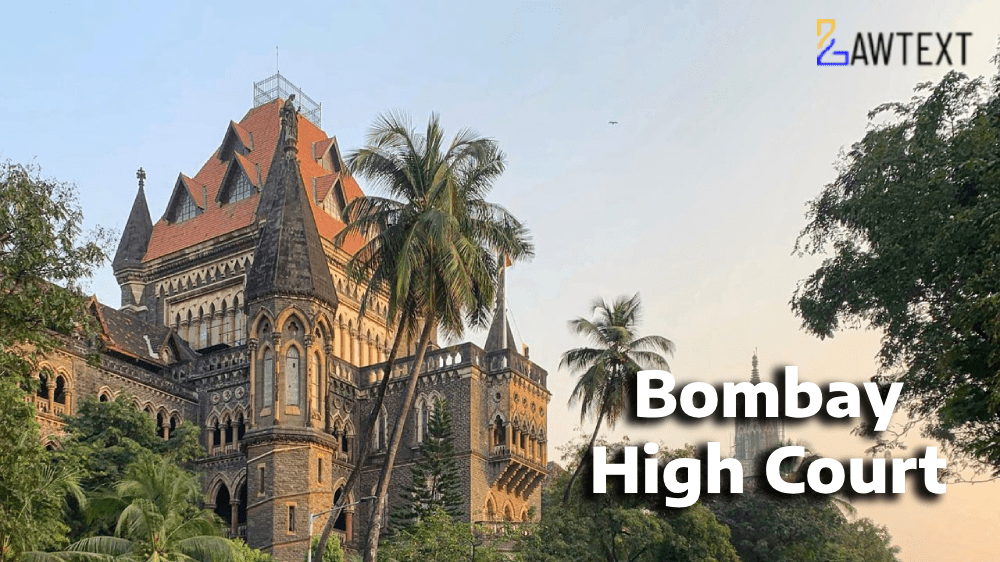CASE NOTE & SUMMARY
-
Introduction to the Case
- Parties Involved: The applicant, who is the wife, initiated criminal proceedings against the respondents (husband and family members) for alleged cruelty under Section 498A of the Indian Penal Code.
-
Trial Court Conviction
- Trial Court's Decision: The Judicial Magistrate First Class (JMFC) at Hingoli found the respondents guilty based on the evidence presented and convicted them under Section 498A.
-
Acquittal on Appeal
- Sessions Court's Findings: Upon appeal, the Additional Sessions Judge, Hingoli, carefully analyzed the evidence and concluded that the alleged incident's date was imaginary, with insufficient material to support the allegations, leading to acquittal of the accused.
-
Applicant's Argument in Revision
- Contention of Mistake in Date: The applicant’s counsel argued that the Sessions Judge failed to consider that the error in the incident's date was unintentional and should not affect the overall allegations.
- Accusation of Technical Acquittal: It was claimed that the acquittal was based on technical grounds, without due regard for the substantive issues in the case.
-
Respondents' Argument in Revision
- No Error of Law: Counsel for the respondents argued that there were no legal errors on record and the evidence was accurately assessed by the appellate court, precluding the High Court from re-evaluating the evidence under Section 401 of the Code of Criminal Procedure (Cr.P.C.).
-
Additional Findings by the Sessions Court
- Falsification of Evidence: It was highlighted that the applicant’s documents undermined her claims, revealing she was not residing with the respondents during the alleged incident. Thus, the appellate court viewed her evidence as fabricated.
-
High Court's Review and Decision
- Appellate Court's Sound Reasoning: The High Court found the Additional Sessions Judge’s judgment well-grounded, particularly noting that the trial court had incorrectly relied on the incident date, which was subsequently discredited.
- High Court’s Limited Power: Under Section 401 of Cr.P.C., the High Court concluded it had no grounds to interfere, as the appellate court's reasoning and analysis were thorough.
-
Conclusion and Order
- Final Order: The application for revision was dismissed, with the rule discharged, upholding the Sessions Court's acquittal.
Acts and Sections Discussed
- Section 498A, Indian Penal Code (IPC) - Pertains to cruelty by husband or relatives.
- Section 401, Code of Criminal Procedure (Cr.P.C.) - Governs the High Court’s revisionary powers over lower court decisions.
- Section 97, Code of Criminal Procedure (Cr.P.C.) - Concerns applications for custody of individuals.
Ratio Decidendi
The High Court emphasized that in a revision application under Section 401 of Cr.P.C., it cannot reassess evidence if the appellate court has sufficiently appreciated the facts. It upheld that an acquittal based on substantial analysis of evidence, particularly with contradictory or falsified documentation, would not be disturbed solely due to technical discrepancies such as date errors.
Subjects:
Criminal Revision, Section 498A Acquittal, Evidence Assessment
Cruelty, Revision Application, Evidence Scrutiny, Acquittal, Indian Penal Code, Code of Criminal Procedure, Technical Acquittal
Citation: 2024 LawText (BOM) (10) 176
Case Number: CRIMINAL REVISION APPLICATION NO. 417 OF 2005
Date of Decision: 2024-10-17
Case Title: Indubai w/o. Narayan Junghare Versus Narayan s/o. Ramdas Junghare & Ors.
Before Judge: S. G. MEHARE, J.
Advocate(s): Mr. P. D. Sangvikar, Advocate for Applicant; Ms. Usha N. Jadhav, Advocate for Respondents/Accused
Appellant: Indubai w/o. Narayan Junghare
Respondent: Narayan s/o. Ramdas Junghare & Ors.

